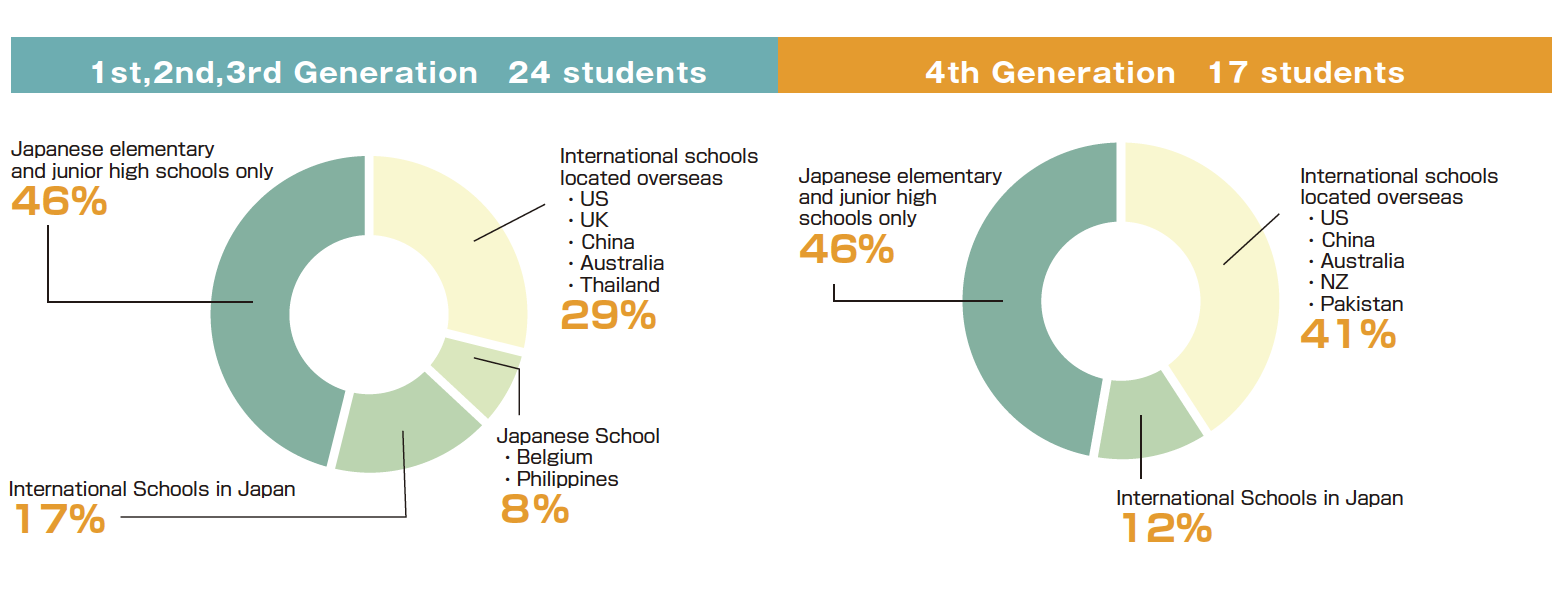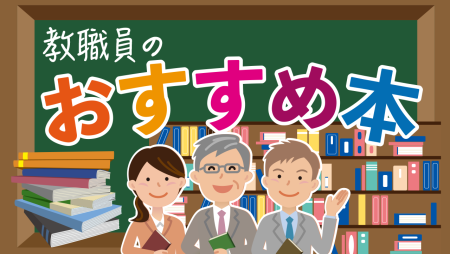
Features of the IB Course
Our International Baccalaureate course focuses on inquiry-based learning through group work, essays and presentations. With the exception of a few courses, all courses are taught in English. The school has many foreign teachers and an English-speaking librari- an on campus. The school provides an environment for students to acquire the IBDP diploma in English.
Fostering international awareness and diversity
With a maximum class size of 15 students, we ensure that each student is carefully observed by the teacher. In this environment, we nurture individuals who respect each other's uniqueness, take proactive actions, and develop a strong sense of international awareness.

❶ Possibility of acquiring the IB and HS graduation diplomas
In March 2022, Osaka International High School became the only high school in Osaka Prefecture to be authorized to deliver the IBDP in English. This allows students to simultaneously obtain a Japanese high school diploma and IBDP certification through a three-year program.

❷ Almost all classes are in English aiming for the English IB diploma
The International Baccalaureate Course at Osaka International High School is taught almost entirely in English. The goal of the course is to obtain the IBDP diploma in English. Instead of cramming, each student not only acquires knowledge in each field of study, but also deepens his or her learning through inquiry-based learning and activities that foster critical thinking skills and the ability to synthesize knowledge by combining existing knowledge with new knowledge.

❸ Study tour
In the summer of their second year of high school, students will go on a study tour to deepen their subject studies and broaden their own perspectives. Students will be able to choose from a variety of destinations, either overseas or in Japan, and will decide where to go according to their interests. In addition to choosing the destination, students can organize their own activities at the destination, such as visiting local universities (UCLA, Cambridge, etc.) and interacting with students overseas, or interacting with local residents in Japan.

❹ Excellent Well-Equipped School Facilities
The new school building is like a library in its entirety, with a wide selection of English books. In addition, an English-speaking librarian is on staff. The entire building is equipped with Wi-Fi, allowing students to access the Internet anywhere in the school. We have created a space where students can communicate, work independently, and access and explore knowledge easily.

About Study tour
As mentioned in Section ❸, during the summer vacation of the second year of high school, we are planning a study tour that will not only enhance academic knowledge but also broaden students' perspectives and help them achieve their future goals. During this summer break, the study tour will be conducted as a school trip. The IB course study tour will also be utilized as part of the Creativity, Activity, and Service (CAS) learning. Students themselves will plan activities such as visiting local universities and interacting with students abroad, as well as engaging with local residents within Japan.

- Destination
- Students can choose either an international destination, such as the United States or Europe, or a domestic one.
- Content of learning
- In addition to aerospace engineering, aeronautical engineering, and environmental science, topics related to the SDGs (Sustainable Development Goals) are also included.
3 years Outline
| Enrollment | Students are admitted internally from Osaka International Junior High School, as well as from domestic public and private junior high schools including international schools both in Japan and abroad. Students can study with classmates from diverse backgrounds. |
|---|---|
| HS1(Pre-IB) | Students study subjects required for the Japanese high school diploma and prepare for the IBDP, which starts in the second year. By learning about half of their subjects in English, students become accustomed to English classes and inquiry-based learning methods. |
| HS2,3(IBDP) | Students will study most of their subjects in English in the IBDP curriculum, prepare for the external exam for the IBDP diploma scheduled for the fall of their 3rd year, and be busy with the TOK, CAS, and EE activities in full swing. A high level of time management skills will be required! |
| Graduation | Students can graduate with two qualifications by completing all required subjects for the high school diploma and achieving the required grades in the external examinations for the IBDP diploma. Students will be able to enter universities in Japan or abroad and spread their wings globally as leaders of the future! |
IB course enrollment experience

















